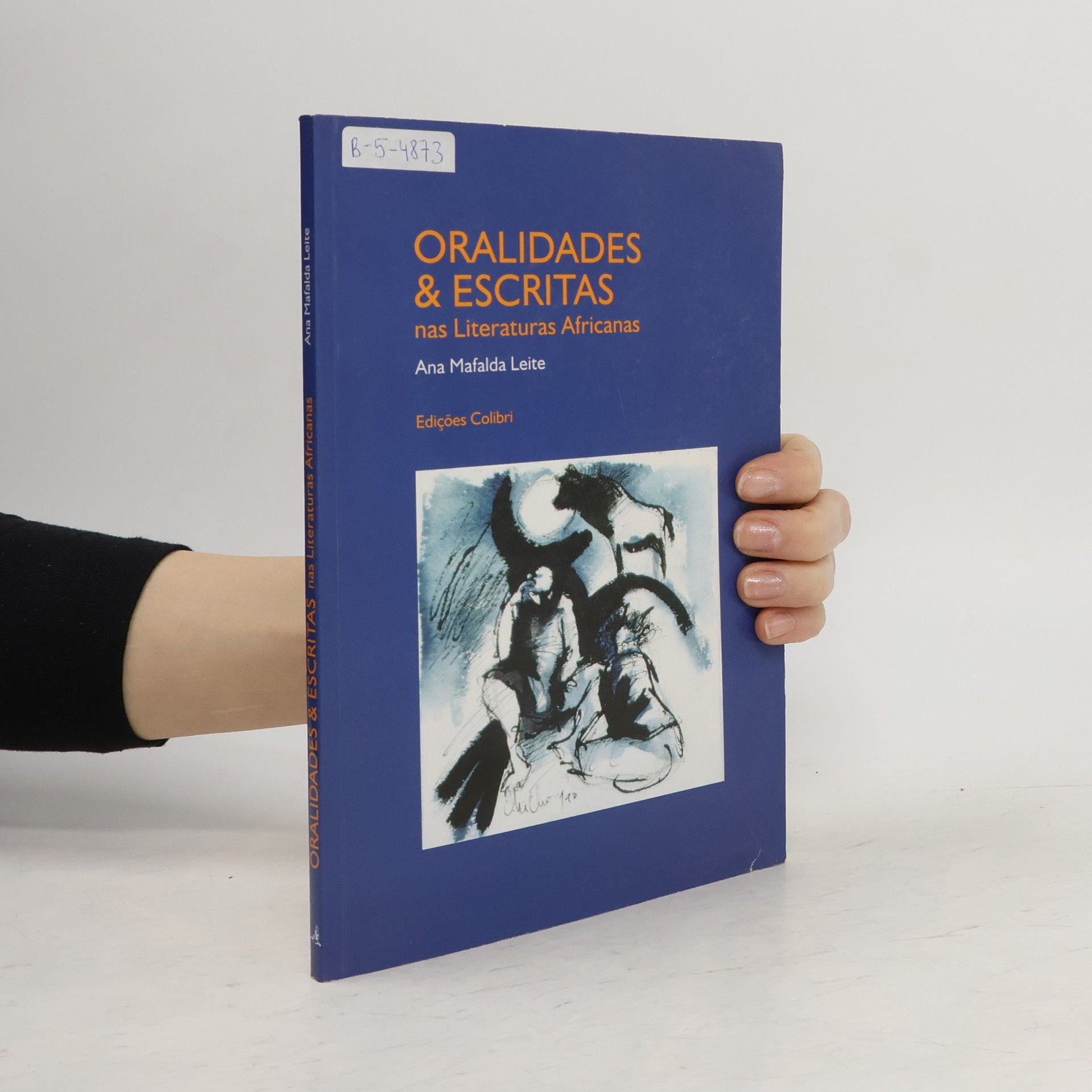Este ensaio aborda a importância da oralidade para o estudo das línguas africanas e o enquadramento das de língua portuguesa no seu relacionamento específico com as oralidades. Num segundo momento procura-se estabelecer os elos da oralidade com as escrita
Ana Mafalda Leite Livres
Cette autrice est une poétesse, essayiste et enseignante portugaise reconnue, forte de plus de trois décennies de création littéraire. Son œuvre poétique se caractérise par une exploration approfondie des traditions littéraires des régions africaines et brésiliennes lusophones, un axe qui nourrit tant sa recherche académique que sa propre écriture. À travers sa poésie et ses essais, elle contribue à la réflexion sur la littérature et la culture des pays lusophones. Ses écrits offrent une perspective précieuse sur le paysage littéraire contemporain.


Literaturas africanas e formulações pós-coloniais
- 163pages
- 6 heures de lecture